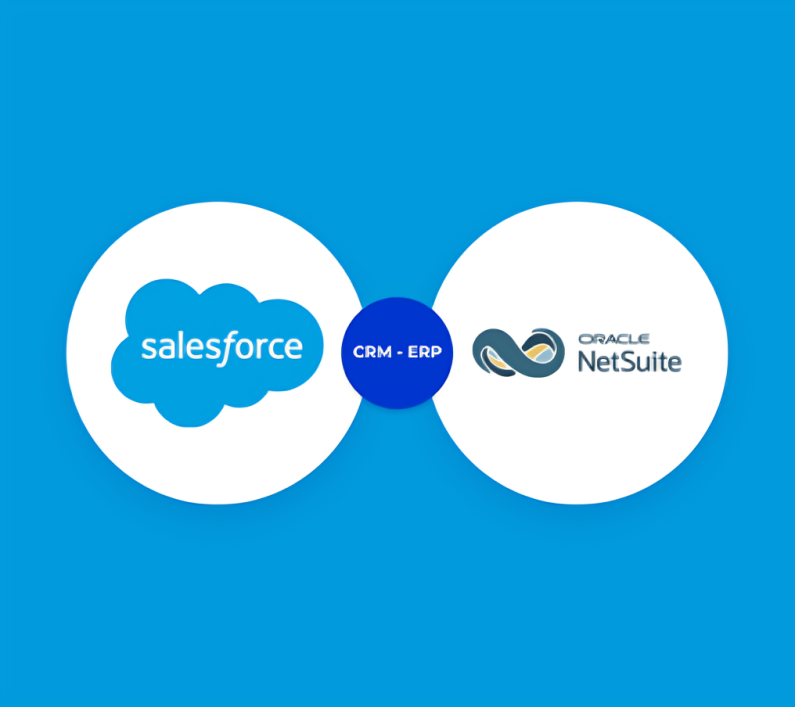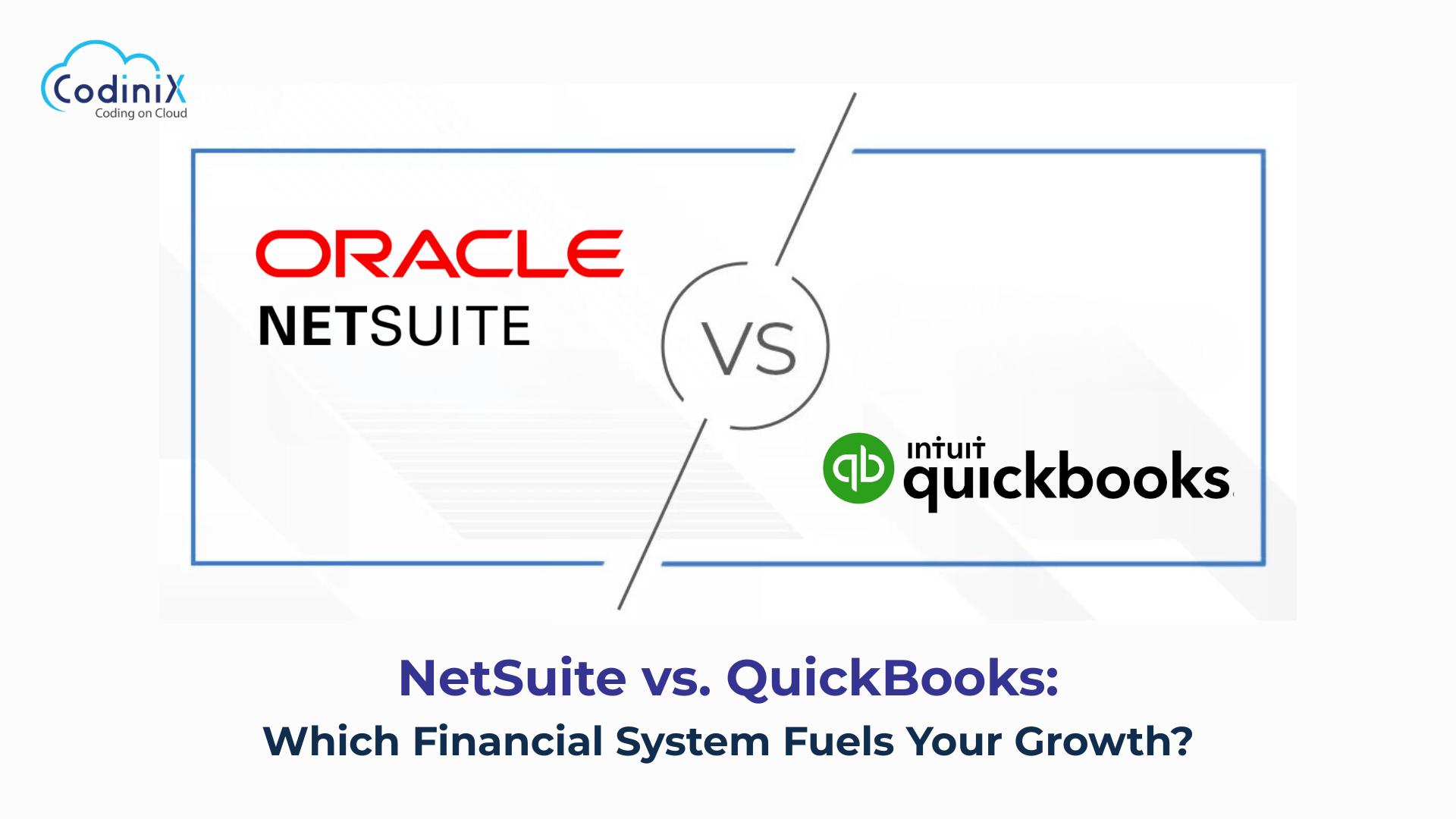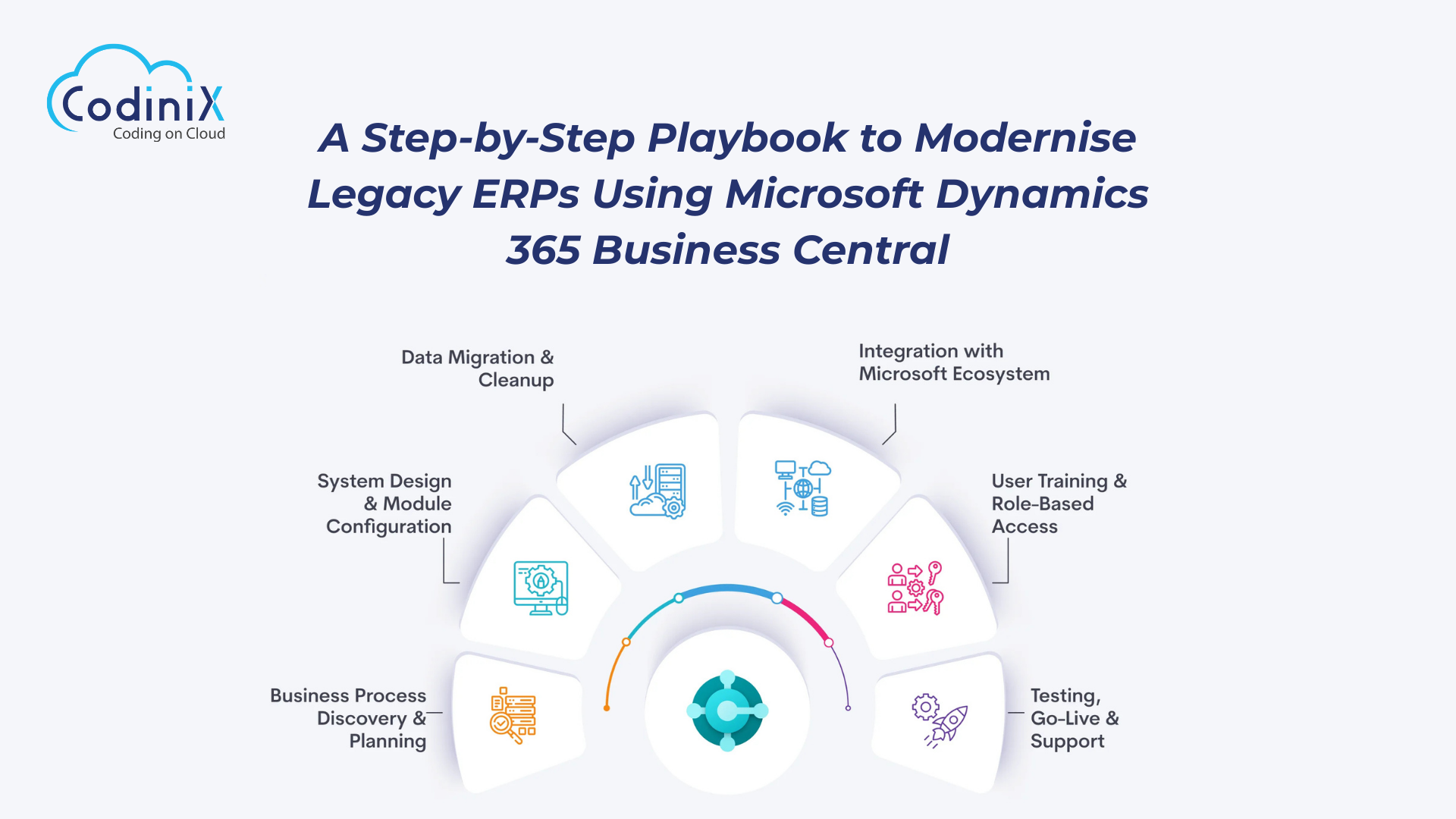Every successful company grows to the point where spreadsheets and entry-level accounting software just won’t cut it. For most, it comes down to NetSuite vs. QuickBooks. Both are popular and offer benefits in individual ways, but they have distinctly different uses.
We have experience working with companies of every size — from small startups running QuickBooks to global enterprises operating their business on NetSuite. As a NetSuite Implementation Partner what we typically help managers with is answering the following simple question: Do we stay with QuickBooks or is it time to move to NetSuite?
Let’s dig a little deeper into what each platform has to offer, and where they excel — as well as where they fall short — so you can make your decision about which platform is right for your business.
QuickBooks: The Go-To Accounting Software for Small Businesses
QuickBooks, and especially QuickBooks Online, is known to be one of the most popular accounting platforms used by small businesses. It’s simple and intuitive, low-cost and designed to help you manage the basics of day-to-day finance.
Why Businesses Love QuickBooks
-
Low barrier to entry: It’s cheap and easy to establish.
-
Core accounting features: It can handle invoicing, payroll, expense tracking and taxes are well managed.
-
Familiarity: There are many accountants who already use QuickBooks, so training would be minimal.
-
Extensive integrations: Having a rich network of Quickbooks Online Integrations it integrates with e-commerce platforms, payment getaways and CRM softwares.
For small business, these may seem like sufficient features. But, as operations scale up, fissures begin to show.
Where QuickBooks Falls Short
-
User limitations: Even on the most advanced plans, QuickBooks limit its users.
-
Scalability issues: It wasn’t intended to handle multi-entity or multinational operations.
-
Reporting constraints: Customization is restricted, with more in-depth analysis typically requiring export to Excel.
-
Dependency on add-ons: Greater complexity involves using third-party tools, which can lead to data silos.
Those limitations eventually cause business owners to consider ERP systems, such as NetSuite.
NetSuite: Enterprise-Grade ERP for Growing Organizations
NetSuite is also positioned as the “next step” after QuickBooks, but in fact it has more capabilities. It is a full cloud ERP system which integrates all of financial, operation, sales and customer management into one platform.
Why Companies Switch to NetSuite
-
Scalability without limits: Unlimited users and transactions are supported that makes this the best fit for fast-growing companies.
-
Advanced financials: Features like multi-entity consolidation, revenue recognition, and compliance management.
-
Real-time insights: Personalized dashboards and KPIs that refresh in real time.
-
Unified system: Everything including accounting, Inventory, CRM and eCommerce can be found integrated in one platform.
-
Global reach: Supports many different currencies, languages and tax jurisdictions.
When you purchase NetSuite, it’s not just accounting software that you’re getting — you’re purchasing a system that flexes with your growing business.
The Challenges of NetSuite
Of course, NetSuite isn’t plug-and-play like QuickBooks. It:
That’s why most companies rely on a NetSuite Implementation Consultant to customize the platform to their processes — not fit their practices around the platform.
NetSuite vs. QuickBooks: Head-to-Head
Let’s break down the key differences:
-
User capacity: QuickBooks caps out at a few users, and NetSuite can enable unlimited teams (depending on how expensive your business is) from anywhere in the world.
-
Financial complexity: QuickBooks is designed for basic bookkeeping, whereas NetSuite is capable of advanced accounting as well as managing multiple subsidiaries and regulatory frameworks.
-
Reporting: QuickBooks provides basic templates; NetSuite comes with customizable, drill-down-capable dashboards.
-
Business scope: QuickBooks is all about finance; NetSuite brings together finance with operations, sales, inventory and customer engagement.
-
Growth trajectory: For small businesses with baked-in stability it’s QuickBooks. For those hoping to scale aggressively, NetSuite is for you.
The decision often turns on growth ambitions. If you expect your company to grow quickly, one of the many values NetSuite offers is that they will save you pain when it comes time to switch.
NetSuite to QuickBooks: The Case for Integration
Not every company is prepared to ditch QuickBooks right away. There are several organizations that find the best-of-both-worlds — NetSuite to Quickbooks integration.
This strategy allows businesses to:
At Codinix Technologies Inc., we are experts in NetSuite Quickbooks Integration, enabling seamless exchange of the data between these two platforms. Our specialists create both one-ways for companies, invoices, payments, and two-ways for vendors sync — meaning you get best of both parts.
Why a NetSuite Implementation Partner Matters
Selecting NetSuite is the first step. Executing it well is what delivers ROI. That’s where a NetSuite Implementation Partner or NetSuite Implementation Consultant can be extremely important.
Here’s how they add value:
With Codinix Technologies Inc., you receive more than just a deployment — you have a partner for the long-term who has your best interests at heart.
When to Switch from QuickBooks to NetSuite
It may be time to consider migrating when:
If any of those challenges feel familiar, NetSuite might be the right next step.
The Bottom Line
When ranking NetSuite vs. QuickBooks, it’s not that one is “better” than the other — really, it depends on where you are in your growth process. For startups and small businesses with straightforward needs, QuickBooks is great. NetSuite is designed for companies that are scaling quickly, who have complexity to manage and who want one system to do it all.
The perfect option for some might even be a netsuite quickbooks integration which is, for many, an interim solution prior to moving everything over.
We assist businesses in the analysis of these options, planning for transition and executing systems that enable them to achieve their aspirations. Whether you’re looking for a seasoned NetSuite Implementation Consultant or a proven NetSuite Implementation Partner, our team is here to lead the way.
Final Word
Your financial system is supposed to be helping growth, not thwarting it. When QuickBooks becomes too restrictive, NetSuite is intelligent and scalable. And if you’re not yet ready for a full leap, integration is an option.
Ready to explore your options? Connect with Codinix Technologies Inc. and let’s chart the best path for your business — whether it’s staying with QuickBooks, migrating to NetSuite, or bridging both with smart integrations.
































Leave Your Thoughts!!